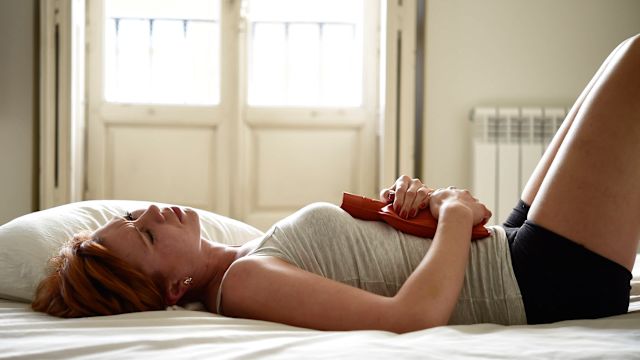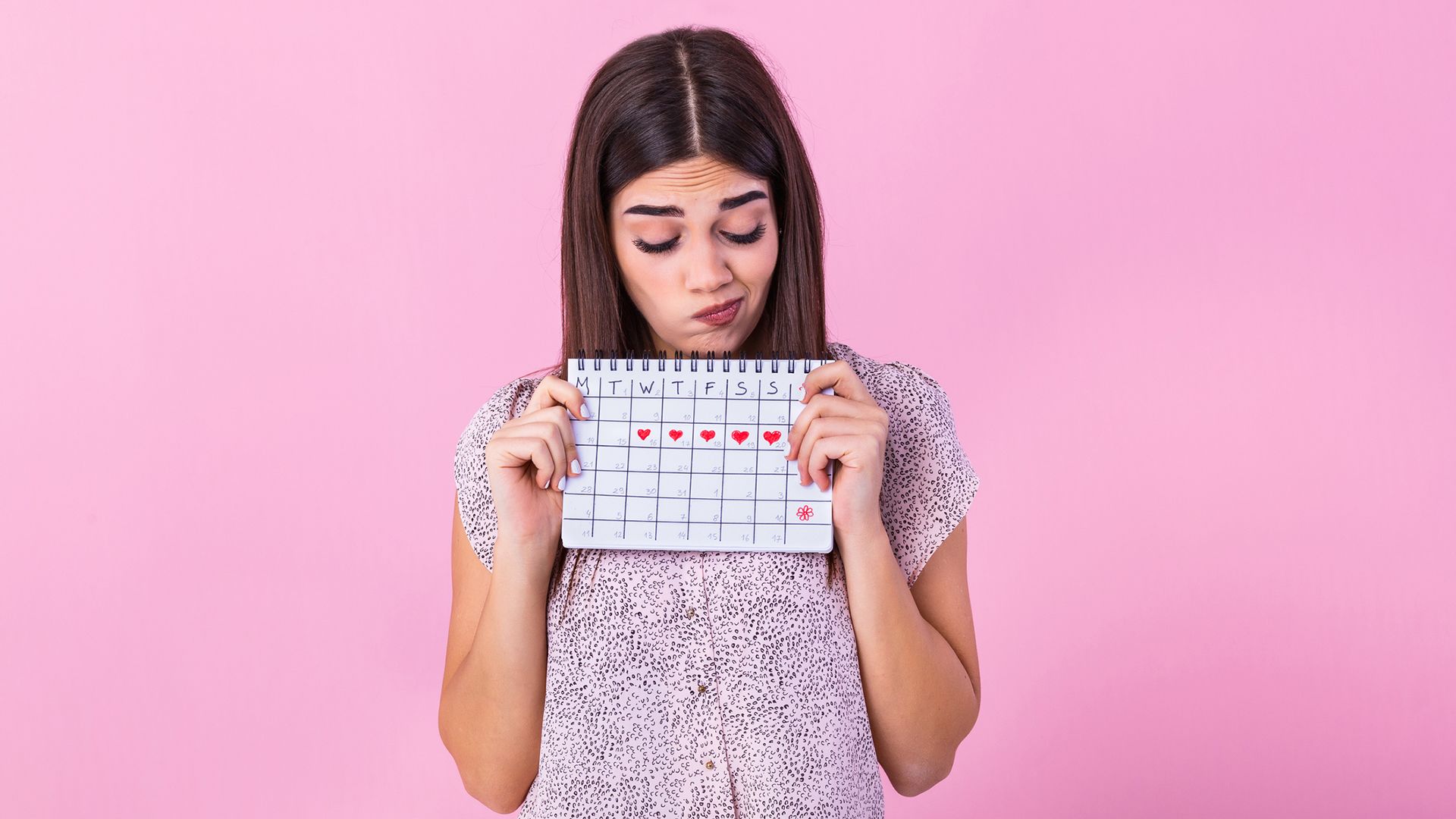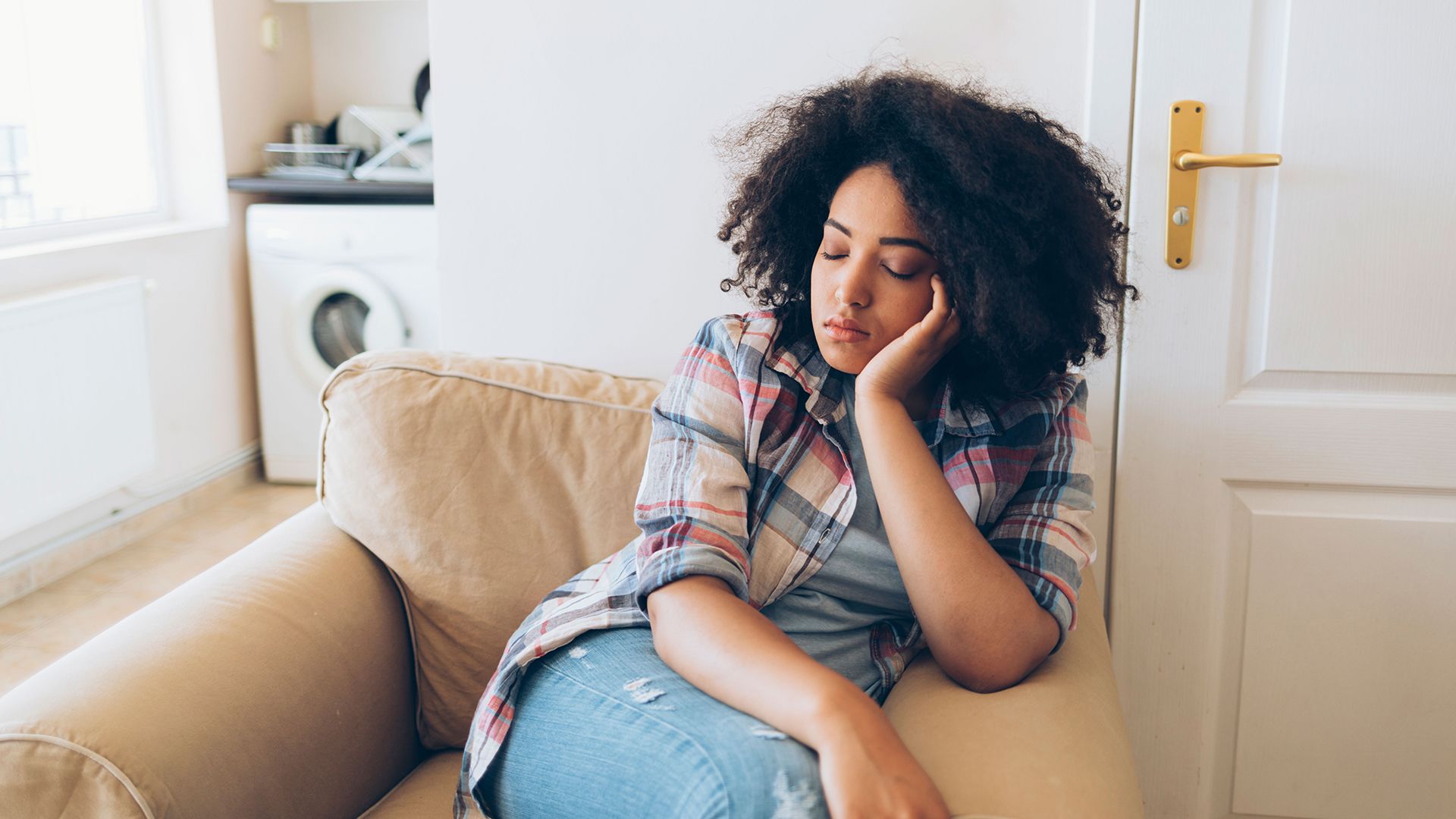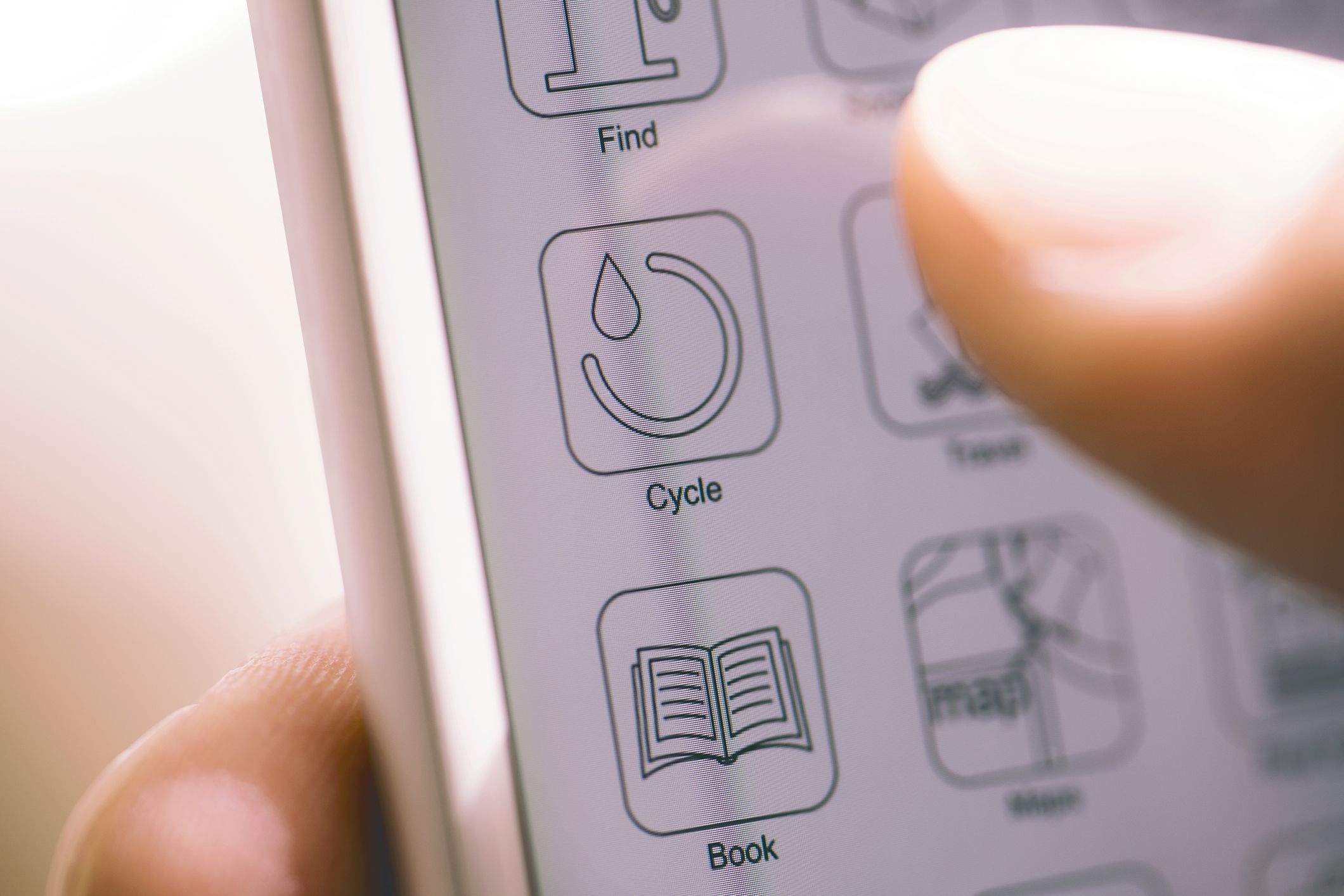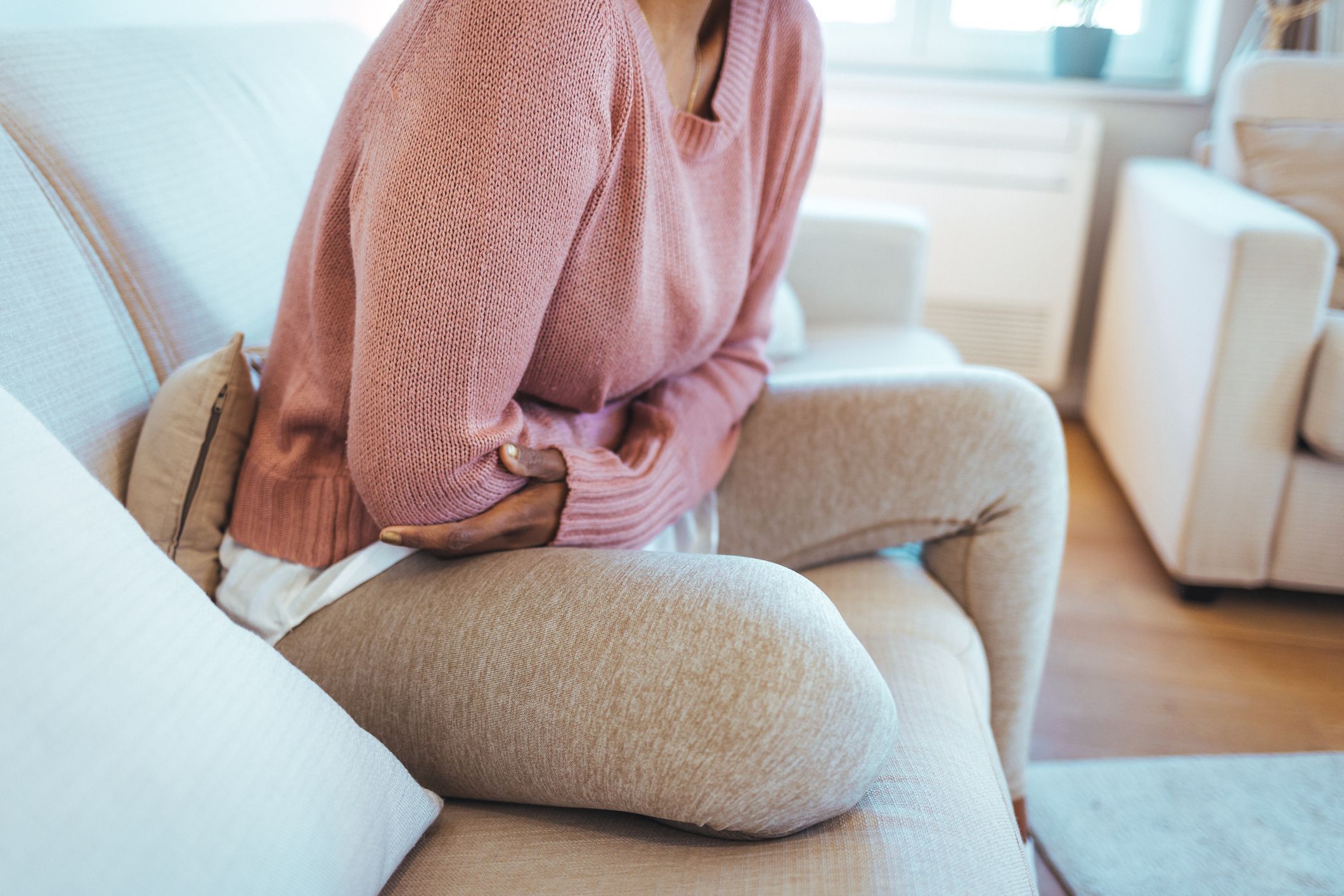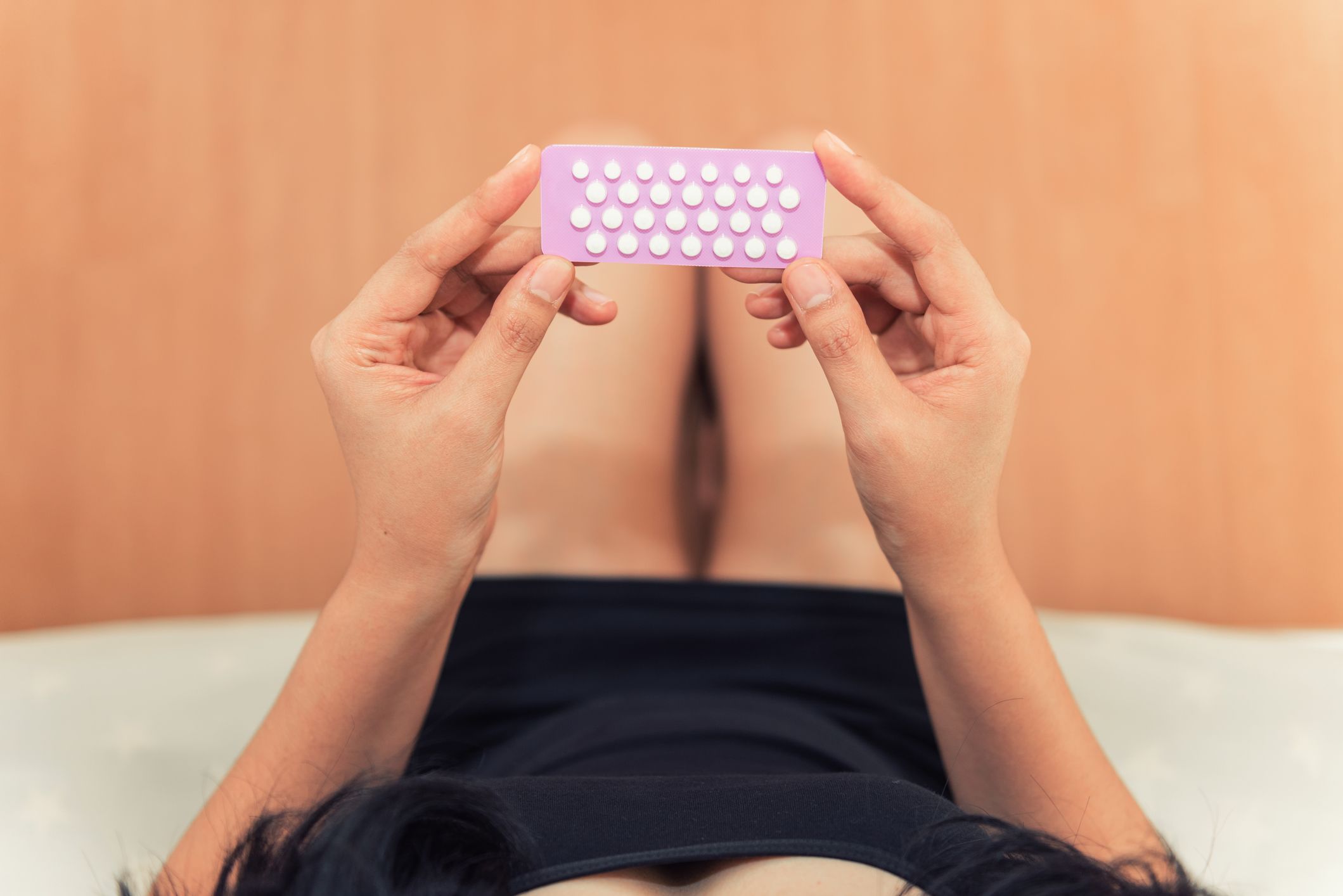Updated on October 8, 2025
As young girls heading into adolescence, we’re told that periods are a normal part of becoming women and every month or so, our bodies will undergo menstruation, usually accompanied by cramps and discomfort. We grow up thinking that periods are supposed to be painful and we should just put up with the fact. But just how painful is too painful? How do we know if our period pain is normal or caused by something else, like endometriosis, a condition where tissue similar to the lining of the uterus, grows outside the uterus as implants or lesions, causing potentially severe menstrual cramps?
Women experiencing these symptoms may not seek medical attention for years, assuming their endometriosis-related pain is “just a normal part of being a woman.” So, what does endometriosis pain feel like? Below are 5 ways endometriosis pain differs from normal period pain and how knowing even the most subtle differences can help.
It’s not from uterine contractions
Menstrual cramps are caused by the uterus contracting, or tightening, to help shed endometrial lining during a period. Endometriosis pain, however, is caused by displaced uterine tissue implanting itself and growing outside the uterus, sometimes on the ovaries, fallopian tubes, and other organs of the pelvic cavity. It acts like it would in the uterus—thickening, shedding, and bleeding with menstruation—but the presence of this trapped endometrial-like tissue outside the uterus results in swelling, inflammation, and pain.
It may last longer
Period pain usually begins one to two days before menstruation and may come and go during menstruation. Endometriosis pain is usually felt right before and during periods, but can begin earlier in the menstrual cycle, last longer than normal period pain and be constant in some women.
It can be felt in different places
It can be difficult to distinguish normal period pain and endometriosis pain by location alone because they’re both commonly felt in the abdomen, lower back and thighs. However, depending on where implants or lesions are growing, endometriosis pain can target the entire abdomen and cause chronic pain in the lower back, pelvis, inner thighs and intestines.
It can occur with other activities
Period pain occurs with menstruation. Endometriosis pain can occur with sex or when using the bathroom. Over 50 percent of women with endometriosis report uncomfortable and painful sex with their partners. Endometriosis lesions can grow on the ovaries, vagina, bladder and colon, so it’s not uncommon for women to feel pain or discomfort during and after sex, or with urination and bowel movements.
It can be debilitating
Menstrual cramps can be painful and uncomfortable, but endometriosis pain can severely interfere with a woman’s life. Some women living with endometriosis have described their pain as “someone crushing your reproductive organs” or “worse than childbirth.” If pelvic pain before, during, and/or after menstruation is severe or debilitating, it’s not okay and no woman should have to endure it.
Women commonly assume that menstruation should be painful and uncomfortable, but if we don’t know the difference between normal pain and endometriosis pain, how can we seek relief? You know yourself and your body best. If you feel that your periods aren’t normal, leaving you bedridden, faint, or in great pain, then it’s time to talk with your OBGYN.
